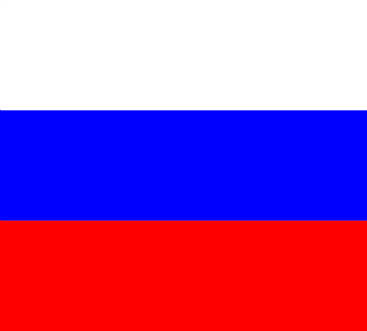Mr. Speaker, I participated recently in a Congressional delegation to Russia, led by my friend CURT WELDON, where we met with government officials and others to assess the economic and political situation in that country and the state of U.S.-Russian relations. As Co-Chairman of the Duma-Congress Study Group on which I serve with Mr. WELDON, and as former Chairman and Ranking Member of the Helsinki Commission, I have traveled to Russia and the former Soviet Union frequently since the early 1980s. We are encouraged by Russia’s continued progress, however tentative it may appear at times, towards becoming a democratic state that guarantees the inalienable rights, including religious freedom and respect for human rights and the rule of law, of all its citizens.
That is why it is disturbing to see an important tenet of democracy–freedom of the media–being threatened by federal government actions and by local officials as well. The seriousness of this problem has been addressed by both the Clinton and Bush Administrations and has received widespread attention in the Western press, including recent editorials in The Wall Street Journal and The Washington Post. In Moscow, we were briefed by Ambassador Jim Collins, who told us about the threats to the media, particularly NTV and its holding company, Media Most, and we also met with Evgeny Kiselev, head of NTV–the only independently operated television station in Russia–who described incidents of harassment and intimidation directed against himself and other NTV personnel. Moreover, as we have seen in the past, journalists in Russia are under threat of physical attacks, even murder, at the hands of unknown assailants if they offend the wrong people with their reporting
Mr. Speaker, I would like to bring to the attention of my colleagues the State Department’s Country Report on Human Rights Practices-2000, just sent to the Congress by the Bureau of Democracy, Human Rights, and Labor, as required by law. It is a valuable document that assesses human rights conditions, country by country, around the world and has proven a reliable source of information for Members to better understand how individual governments treat their own citizens.
The section on Russia, which covers 45 pages, states that the government “generally respected the human rights of its citizens in many areas,” but that “serious problems remain, including independence and freedom of the media. . . .” The report goes on to state “Federal, regional, and local governments continued to exert pressure on journalists by: initiating investigations by the federal tax police, FSB, and MVD of media companies such as independent Media-Most. . . .” The report also provides an account of the government harassment of and threats to Mr. Vladimir Goussinsky, founder and chairman of Media-Most, which owns NTV, and his arrest and detention in a Moscow prison.
Today, Mr. Goussinsky is confined in Spain, awaiting the disposition of a Russian prosecutor’s request for extradition, as Kremlin authorities have been engaged in a series of actions to shut down the country’s only privately owned television station, or have it taken over by a government-controlled company.
Sadly, Mr. Speaker, these efforts have come to fruition today. Press reports indicate that, in an apparent boardroom coup, the current NTV board, including Mr. Goussinsky, was ousted by the Russian gas firm Gazprom, which says it owns a controlling stake of the station. Mr. Kiselev has been replaced by an associate of the Gazprom directors. Russia’s only two other nationwide television stations, ORT and RTR, are already controlled by the government.
Mr. Speaker, I urge the government of the Russian Federation to strengthen democratic institutions and the rule of law by guaranteeing and supporting media pluralism and independence in Russia. Clearly, the foundation of a free and democratic society is a well informed citizenry. That foundation crumbles when freedom of speech and freedom of the media are suppressed. I also urge my colleagues to review the State Department’s report on human rights conditions, particularly the section on Russia.



